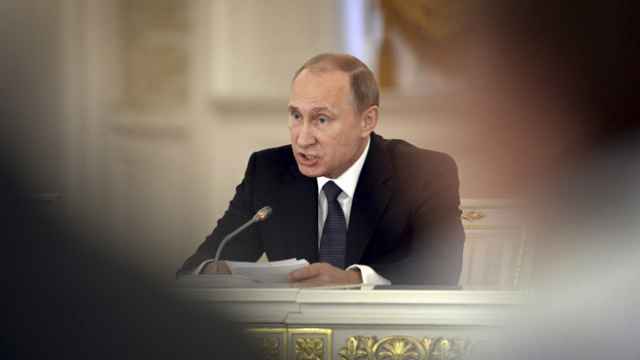Зуб даю́: cross my heart
I love trolls — or rather, I can't stand trolls, but sometimes I find what they write interesting — or rather, I can't stand what they write, but sometimes I enjoy studying their fractured English and guessing what the Russian was. This kind of back-translating is a like a private game show for translators, and when you guess right, you expect your computer screen to light up and bells to go off for today's winner.
OK, it can get a little lonely working at home, and you need a bit of excitement. My most recent big thrill was in the comments section of an article about Russia. It was troll talk of the usual sort that ended with: "In Russia will break your teeth." After a moment I deciphered this ungrammatical babble as сломаешь зубы (you'll break your teeth), an idiom that means "you'll suffer total defeat." So Mr. Troll should have written: You can try to fight Russia, but in the end, you'll get clobbered.
This sent me along the merry path of toothy expressions. A fair number of them are minatory, presumably because once upon a time teeth were used as weapons. When you start getting worked up about something, you might use the phrase иметь or точить зуб (literally, to have or to sharpen a tooth), which means to have a grudge against someone. Он имел зуб на моего отца. (He had it in for my father.)
Even more threatening is показывать зубы (to show your teeth), which is generally figurative. Со временем он узнает, с кем нужно дружить, а кому можно показывать зубы. (In time he'll figure out who he should befriend and who he should intimidate).
And then, when war is declared, you can be вооружённый до зубов (armed to the teeth), an expression that migrated to Russian from either French or German but has no certain etymology. It usually refers to actual guns and knives, but sometimes the weapons are verbal: Лекции эти были по физике, но материалисты, вооруженные до зубов цитатами, искали философский криминал между строк. (The lectures were about physics, but materialists, armed to the teeth with quotations, looked for philosophical heresies between the lines.)
But a lot of tooth expressions have to do with eating, or not eating, literally and metaphorically. For example, if you are given adorably teeny weeny servings of food at a not-so-adorably expensive restaurant, you might say: Очень вкусно, но на один зуб. (It's delicious, but the portions are miniscule — literally, for one tooth.) If, in fact, the portions were so small that you are still hungry, you might use another expression — щёлкать зубами (literally, to click your teeth together).
In Russian, your teeth chatter when there's no food. In English, there's another sound to indicate hunger: Что будут делать музыканты? Ходить и щёлкать зубами? (What are the musicians going to do? Walk around with their stomachs growling?) And when inflation and pay cuts really begin to bite — bite, get it? — you might have to take drastic measures: положить зубы на полку (to put your teeth on the shelf), that is — go hungry. Or you might do everything to keep your job: зубами держаться (hang on with your teeth, for dear life).
If remembering these expressions seems не по зубам (too tough to chew, beyond your abilities), don't worry. You'll catch on.
Зуб даю! (I swear it, cross my heart.)
Michele A. Berdy, a Moscow-based translator and interpreter, is author of "The Russian Word's Worth" (Glas), a collection of her columns.
A Message from The Moscow Times:
Dear readers,
We are facing unprecedented challenges. Russia's Prosecutor General's Office has designated The Moscow Times as an "undesirable" organization, criminalizing our work and putting our staff at risk of prosecution. This follows our earlier unjust labeling as a "foreign agent."
These actions are direct attempts to silence independent journalism in Russia. The authorities claim our work "discredits the decisions of the Russian leadership." We see things differently: we strive to provide accurate, unbiased reporting on Russia.
We, the journalists of The Moscow Times, refuse to be silenced. But to continue our work, we need your help.
Your support, no matter how small, makes a world of difference. If you can, please support us monthly starting from just $2. It's quick to set up, and every contribution makes a significant impact.
By supporting The Moscow Times, you're defending open, independent journalism in the face of repression. Thank you for standing with us.
Remind me later.








